The strict protocols keeping horse racing on track during COVID-19 crisis
Racing clubs from around the world have contacted the Australian Turf Club for advice on how to keep thoroughbreds racing during the coronavirus lockdown.
SuperRacing
Don't miss out on the headlines from SuperRacing. Followed categories will be added to My News.
Racing clubs from around the world have contacted the Australian Turf Club for advice on how to keep thoroughbreds racing during the coronavirus lockdown.
Australia is one of the few countries to still have horse racing together with Hong Kong and Japan, whose racing authorities have both come to the ATC for advice.
“The Australian Turf Club has led the way in keeping thoroughbred racing going and deploying what we believe are world’s best practices,’’ ATC chairman Matthew McGrath said.
Stream over 50 sports on-demand with KAYO SPORTS on your TV, computer, mobile or tablet. Just $25/month, no lock-in contract. Get your 14-day free trial and start streaming instantly >
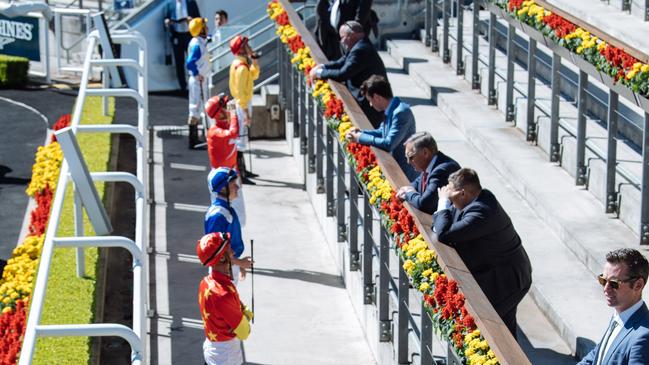
“International jurisdictions and race clubs from across Australia have approached the Australian Turf Club for advice and procedures, which is a tremendous endorsement of our staff and our racing.”
At Saturday’s Randwick meeting there will be no spectators or owners at the track, with fewer than 300 people in attendance. Jockeys are temperature tested upon arrival at the course and isolated in up to eight separate jockey rooms.
Jockeys and trainers are kept separate and trainers can no longer give jockeys leg ups onto their horses — that role instead going to dedicated individual staff. All race-day staff including clerks of course and barrier attendants wear gloves and face masks.
McGrath said the safety measures had been shared with tracks right across the country.
“This collegiate and positive interaction across Australia and beyond shows how racing can work together to create great outcomes,” he said.
“The ATC and Racing NSW stewards are determined to keep our participants healthy and safe and to keep racing operating for the tens of thousands of people who work in the industry and the many millions more who enjoy it.’’
University of Sydney business expert Dr Rohan Miller said the Australian racing industry employed almost 50,000 nationally and pumped $3.5 billion into the economy across 800 race meetings a year.
“The racing industry has an enormous value chain that reaches into the depths of rural Australia and is so very important to a broad range of industries that it keeps going,” he said.
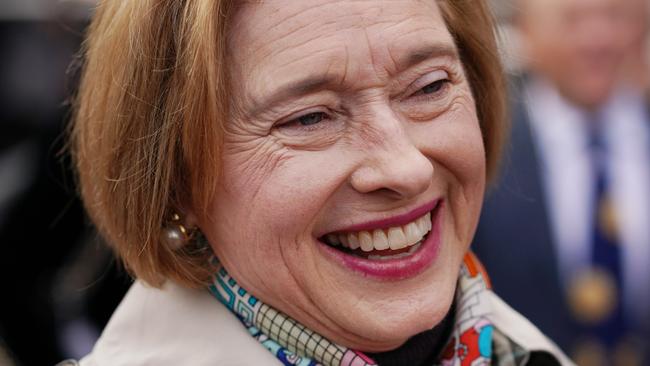
“It is also an important part of the content in our lives at this time when there are not a lot of other sporting options.”
Top trainer Gai Waterhouse said: “Keeping the racing industry going is essential for the welfare of thousands of people who are employed by it. There are people there who simply could not get a job in another industry and would be unemployed if racing stopped.
“Right now it is the only sport in Australia that you can watch every day, have a bet and get some relief from this hideous lockdown.
“You have to give people something to look forward to.”
HOW RACING HAS FORGED AHEAD DURING CRISIS
Racing NSW chief steward Marc Van Gestel is adamant racing can continue to operate even if a jockey contracts coronavirus.
Van Gestel said jockeys and other racing industry participants have adapted quickly to the strict biosecurity protocols and social distancing practices enforced by stewards which has enabled racing to continue through the pandemic.
“It is a heavily controlled environment as we are trying to protect our most valuable product,’’ Van Gestel said.
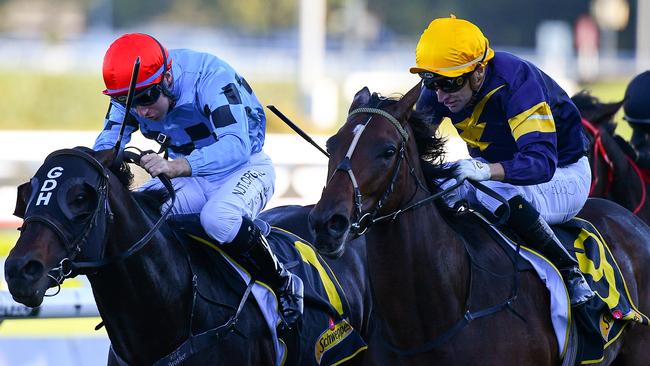
“We have split the jockeys into separate regions around the state in case one contracts the virus. On racedays, we have the jockeys split up in small groups in separate rooms and spaced well apart.
“These protocols, and others, are put in place to limit the risk of the virus spreading among the rider group. So, if one of the jockeys gets the virus, it doesn’t necessarily mean we can’t continue to race.
“What it does mean is that if a jockey is showing symptoms, we can isolate that rider and group and carry out the necessary tests.’’
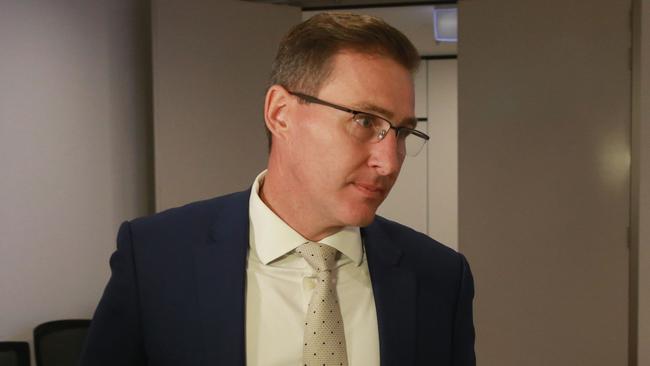
But racing’s lawmaker reiterated stewards won’t hesitate to sanction a licensed person who does not abide by the strict protocols which are ensuring the thoroughbred code has been one of the few sports anywhere in the world to operate through the pandemic.
Racing might be a non-contact sport but it is providing the blueprint for other sporting codes including the NRL to get their competitions up and going again.
Earlier this week, the NRL’s proposed May 28 restart was put in jeopardy when Latrell Mitchell, Josh Addo-Carr and Nathan Cleary were hit with heavy fines after being found to have breached social distancing protocols.

Van Gestel would not be drawn on likely penalties for racing industry participants who may be in breach of social distancing protocols but said they would be significant.
“The stewards have the power to fine, suspend or disqualify licensed persons who break these rules,’’ Van Gestel said.
“The penalty would be determined on the basis of the particular circumstances. If it was found a licensed person was not adhering to racing protocols and also the laws of the land then there would obviously be significant sanctions applied.’’
Hall of Fame jockey Glen Boss said all riders are “taking very seriously” the strict measures stewards have in place both on and off the racetrack.
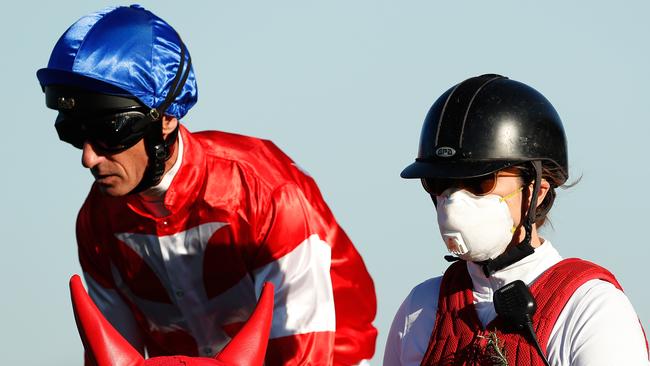
“I haven’t heard of any jockey doing anything that could jeopardise the industry,’’ Boss said.
“There are only a very small percentage of jockeys who are making considerable wages, the majority of jockeys are working hard just to make ends meet every week.
“We are all aware if someone went out and did something wrong, this could potentially shut down racing in NSW. There are the livelihoods of a lot of people at stake here so it is not hard to do the right thing.’’
Originally published as The strict protocols keeping horse racing on track during COVID-19 crisis
